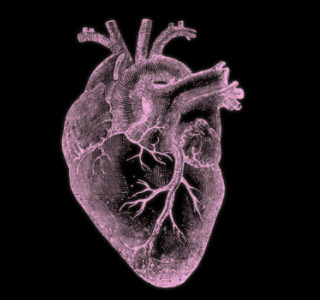
It has been estimated that around 5 million people in the U.S. may be the victim of this most commonly occurring heart condition. Atrial fibrillation-related irregular heartbeat could be the result of a faulty electrical impulse. With the help of drugs and cardioversion treatment this faulty electrical impulse may to a certain extent be controlled. Cardioversion is a procedure where the surgeon delivers an electrical shock to convert an abnormal heart rhythm back to its normal rhythm. Inspite of managing and monitoring this condition very closely there may be chances of experiencing stroke and heart damage.
About thoracoscopic ablation, Dr. Johnkoski says that, “This is a huge advance because this procedure can be used on patients that until just recently, would have required open-heart surgery. This (procedure) allows people to get off medications, prevents strokes, and helps people live longer.â€
Atrial fibrillation patients may notably often need to use Coumadin, which is a blood thinner that lowers their risk of experiencing stroke. Although, this drug may reduce the risk of stroke, it is believed to cause certain side effects which may be troublesome for few patients.
“Most people undergo procedures for atrial fibrillation because they can’t handle the meds. Coumadin doesn’t mix well with an active lifestyle. Patients will have to remain on their medications for a few months after a procedure, but after that, their quality of life will improve dramatically,†says Dr. Johnkoski.
Previously surgeries for this condition were noted to require an open-heart procedure or a long period of time for recovery. However, recently, novel procedures like thoracoscopic ablation have made it possible for doctors to conduct the same surgery in a minimally-invasive manner. Thoracoscopic ablation procedure notably permits the doctor to perform surgery on a beating heart without opening the chest.
This procedure may be used for patients with chronic atrial fibrillation or occasional atrial fibrillation. Following this procedure, the patients may evidently discontinue using their medications. However having said this, it is also noted that this particular procedure may not be appropriate for all heart patients; and for this purpose patients thinking of opting for this procedure have been asked to consult their respective doctors.
